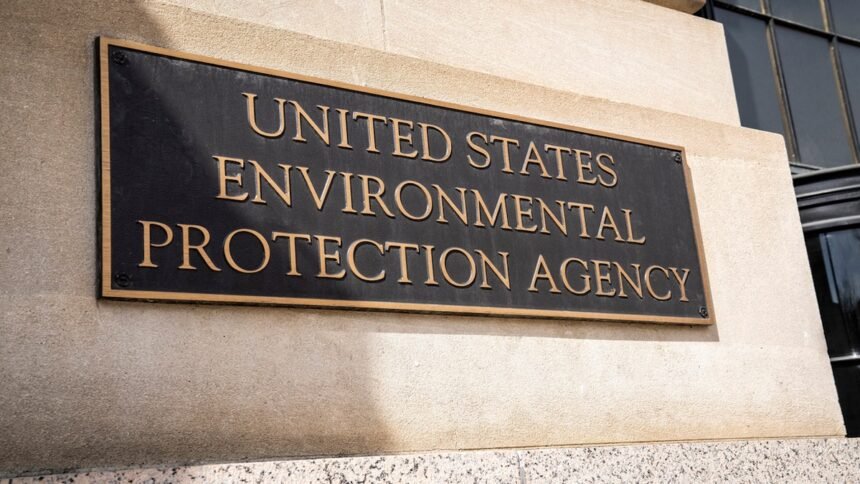[ad_1]
US EPA Rejects Alabama Proposal for Coal Ash Regulation Takeover
On Thursday, the U.S. Environmental Protection Agency (EPA) rejected Alabama’s proposal to take over coal ash regulation, citing inadequate protection for people and waterways.
EPA Criticizes Alabama Proposal
The EPA stated that Alabama’s proposal falls short of federal requirements and fails to adequately address groundwater contamination during the closure of coal ash units.
“EPA is committed to protecting people from exposure to pollution like coal ash, which poses cancer risks and other serious health issues,” said EPA Administrator Michael S. Regan.
Coal Ash and its Dangers
Coal ash is the residue left behind after burning coal for electricity generation. It contains harmful contaminants such as mercury, chromium, and arsenic, known to cause cancer and other health problems.
EPA’s Decision and Response
The EPA released a statement criticizing Alabama’s program last year, citing deficiencies in closure requirements for surface impoundments, groundwater monitoring, and corrective actions.
Alabama Department of Environmental Management (ADEM) is reviewing the EPA’s decision and will respond later.
Lauding the Decision
The Southern Environmental Law Center and other groups welcomed the EPA’s decision, highlighting the importance of clean water and the dangers of leaving toxic coal ash in unlined leaking pits near rivers.
Petrochemical Company Fined Over $30 Million for 2019 Explosions Near Houston
Placard on exterior of EPA Building in Washington, D.C. (iStock)
Alabama Department of Environmental Management spokeswoman M. Lynn Battle mentioned that ADEM would provide further comments after reviewing the 174-page document from the EPA.
Conclusion:
The EPA’s decision to reject Alabama’s proposal for coal ash regulation emphasizes the importance of protecting people and waterways from harmful contaminants. It also underscores the need for states to meet minimum federal requirements when assuming oversight of coal ash disposal.
Communities and environmental groups have welcomed the EPA’s denial as a crucial step towards ensuring clean water and preventing health risks associated with toxic coal ash.
[ad_2]









